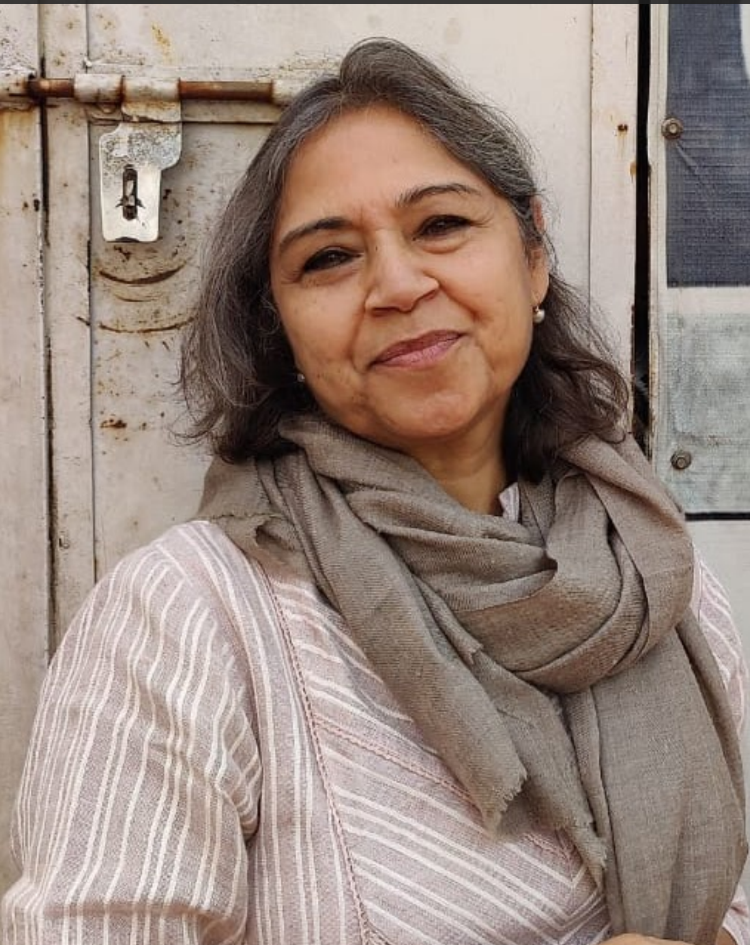Food Sovereignty: Toward Belonging and Climate Justice
This session explores how, socially, economically, politically, and environmentally, the local and global food crises increase social, political, and environmental challenges. The panel will also help us imagine a food system and food movement that is glocal (local and global), inclusive, and responsive to the needs of marginalized people and our planet for climate resilience and belonging.
At home, there are more than 46 million Americans who are food insecure, and around the world, almost 2 billion– a quarter of our fellow humans suffer from (hidden and chronic) hunger. In the last 30 years, global food production has risen steadily at 2% per year, while global population growth has risen just over 1% annually. Additionally, ample research suggests that industrial food and agricultural production contribute to the ever-worsen climate crisis, producing almost one-third of global greenhouse gas emissions. Yet food as a commodity produces massive profits for only a handful of multinational corporations. This session explores how, socially, economically, politically, and environmentally, the local and global food crises increase social, political, and environmental challenges. Then, it asks whether the stubborn crises of food are structural or functional and how people worldwide are attempting to overcome such polycrisis of food and climate.
The session will survey, from the perspectives of marginalized geographies and people, the multiple entries of understanding (and challenging) the persistent crises of food and how these crises shape our local/global food system at every stage of the food value chain, from production to consumption. But also the panel will help us imagine a food system and food movement that is glocal (local & global), inclusive, and responsive to the needs of marginalized people and our planet for climate resilience and belonging. It does so by addressing the following few key questions that impact marginalized and racialized populations and geographies in our fights for planetary justice, including food, climate, gender, economic, social, and racial justice, and toward belonging.
Location: HJK GOLD ROOM




